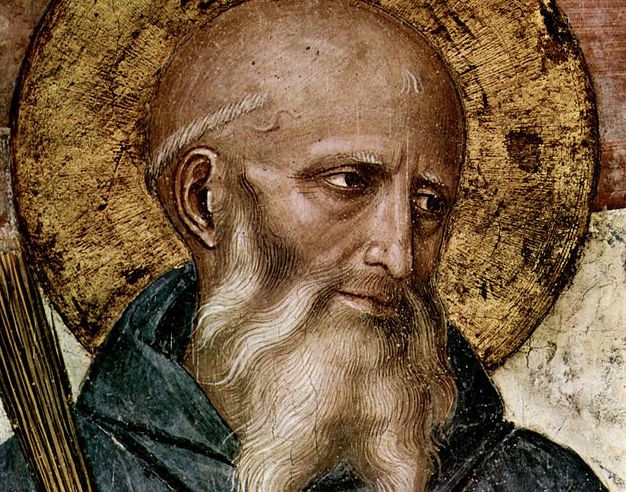It’s been a busy week for me, and I haven’t gotten a chance to do justice to many of the interesting content I’ve come across. So for your pleasure, here’s some thoughts worthy of your attention:
Login to read more
Sign in or create a free account to access Subscriber-only content.
